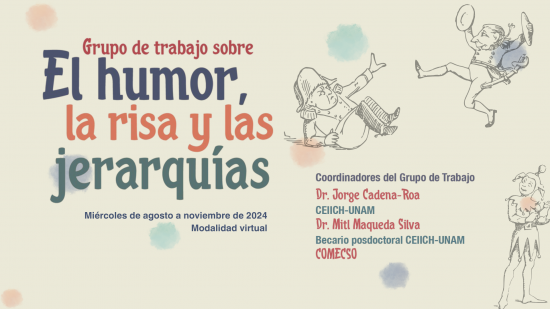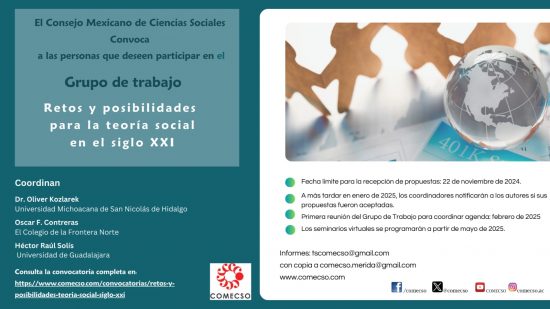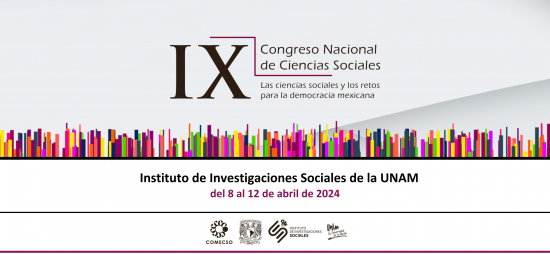Genesis and Evolution of the Political Field
CALL FOR PAPERS: Genesis and Evolution of the Political Field
Congrès de l’Association française de science politique
Congrès du réseau des Associations francophones de science politique (CoSPoF)
Bordeaux, France, 2-4 July 2019
If by “political field” we mean the formation of a space disembedded and differentiated from other social spheres, then we must acknowledge that we actually know very little about its concrete origins as well as about the temporalities that have structured its formation. This situation stands in stark contrast to the stock of available scientific knowledge regarding the political field’s more recent transformations.
In order to understand the formation of the political field, it is important to bear in mind that eight different processes converge in its history:
- The disembeddedness of a political space with respect to other spheres or social fields;
- The first objectivations of positions within this disembedded space (ministries, deputies, etc.);
- Sets of positions after state regions have been constituted, on the basis, for example, of three powers (executive, legislative and judicial, which distinction and coordination refer in turn to a specific history in the context of the formation of the nation-state and the parliament);
- Hierarchies of positions in each of these distinct and differentiated regions of the state;
- The staging of these statist positions in official ceremonies, at the end of which hierarchical relations between them are established and consecrated (through state protocols); this translates into hierarchical relations not so much between individuals as between classes of agents whose importance cannot be explained by their individual properties;
- The definition and representation of the required qualities to access a position in the political field, above all if it is about central, overarching, and dominant positions;
- The extension of the right to vote;
- The formation of proto parliamentary parties, and then of political parties.
It is at the end of these historical processes that the functioning logic and functional autonomy of the political field were established. How can we analyze the genesis of the political field? How were constituted the first positions? How can we approach the point zero of the field without yielding to the illusion of absolute origins? What can the processes of restauration of this space after a civil war or a dictatorship teach us about the genesis of the political field?
The political field is undoubtedly the result of a set of long histories. However, in the last twenty years we can witness profound transformations of its functioning in developed countries as well as in the Global South. For example, new actors have entered the political game and challenged its symbolic organization based of the Left-Right axis. We can also see the rejection of “traditional” political parties as well as an autonomization of the political field that translates into massive forms of defection, exit, and abandonment of party activism and electoral participation. The corollary of these forms of disaffection is a process of professionalization of politics, which is increasingly challenged by so-called “populist” parties, movements, and leaders.
In a famous article published in 1981, Pierre Bourdieu showed how dominant agents in the political field adopted a collective posture seeking to thwart any endeavor of subversion of the state of the field and its functioning logic and conventions. 37 years later, endeavors of subversion have multiplied and, in many national fields, have managed to surpass political forces that used to be dominant. The effect is not only formal. Behind this fall of traditional parties, we find a set of changes in the stakes and the ways in which the games of the political field are played out. At the same time, however, the inertia of the political field is real, as indicates the fact that new players—including those that rejected compromises and alliances with traditional players—learn and adopt the political practices that they used to denounce. The case of Syriza in Greece is particularly telling in this respect.
The organizers of this thematic section hope to welcome papers that present empirical research—although we are open to theoretical and methodological contributions—focusing on the logics of formation of the political field or on the transformation of the ways of accessing this space and playing the political game. We plan two panels of two hours each and aim at six papers (three by panel). The first panel will address the genesis of the political field whereas the second will look at the transformations affecting it.
We contemplate to turn the panels into a publication, in the form of either an edited volume or a special issue in a journal (ideally in English).
Submit abstracts to :
- Alfredo Joignant (Université Diego Portales-COES): alfredo.joignant@mail.udp.cl
- Daniel Gaxie (Université de Paris 1 Panthéon-Sorbonne): daniel.gaxie@univ-paris1.fr
- Marcos Ancelovici (Université du Québec à Montréal): ancelovici.marcos@uqam.ca
Deadline to submit an abstract: 12 December 2018
Keywords: Political Field, Genesis, Evolutions, Entry Barriers, Autonomy of the Field.
Références / References:
Marcos Ancelovici, “Esquisse d’une théorie de la contestation: Bourdieu et le modèle du processus politique,” Sociologie et sociétés, vol.41, 2, 2009, p.39-61.
Pierre Bourdieu, “La représentation politique. Éléments pour une théorie du champ politique,” Actes de la recherche en sciences sociales, 36-37, 1981, p.3-24.
Delphine Dulong, La construction du champ politique, Rennes, Presses universitaires de Rennes, 2010.
Daniel Gaxie, La démocratie représentative, Paris, Montchrestien, 1996.
Alfredo Joignant, Acting Politics. A Critical Sociology of the Political Field, London and New York, Routledge, 2018.
Te puede interesar

Publicaciones del COMECSO
comecso - Dic 04, 2024Este espacio reúne la gran mayoría de la producción editorial de nuestra asociación. A lo largo de casi cinco décadas,…
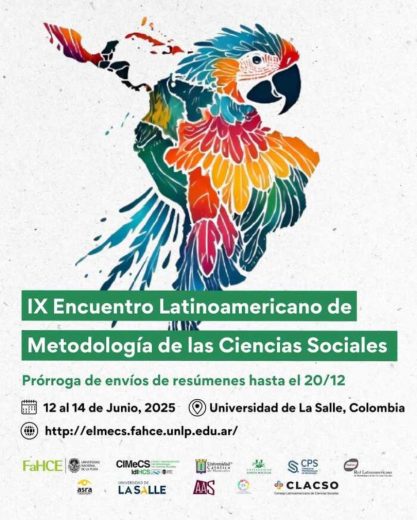
IX Encuentro Latinoamericano de Metodología de las Ciencias Sociales
Laura Gutiérrez - Dic 11, 2024IX Encuentro Latinoamericano de Metodología de las Ciencias Sociales Indisciplinar las ciencias sociales. Transformaciones y resistencias en las fronteras metodológicas…
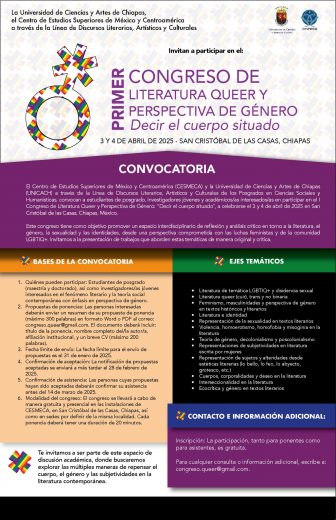
Primer Congreso de Literatura Queer y Perspectivas de Género: “Decir el cuerpo situado”
Laura Gutiérrez - Dic 11, 2024La Universidad de Ciencias y Artes de Chiapas, el Centro de Estudios Superiores de México y Centroamérica a través de…

Postdoctoral Research Fellowships
Laura Gutiérrez - Dic 11, 2024University of California Alianza MX Postdoctoral Research Fellowships 2025 Pilot Program Deadline: March 31, 2025 The University of California Alianza…



